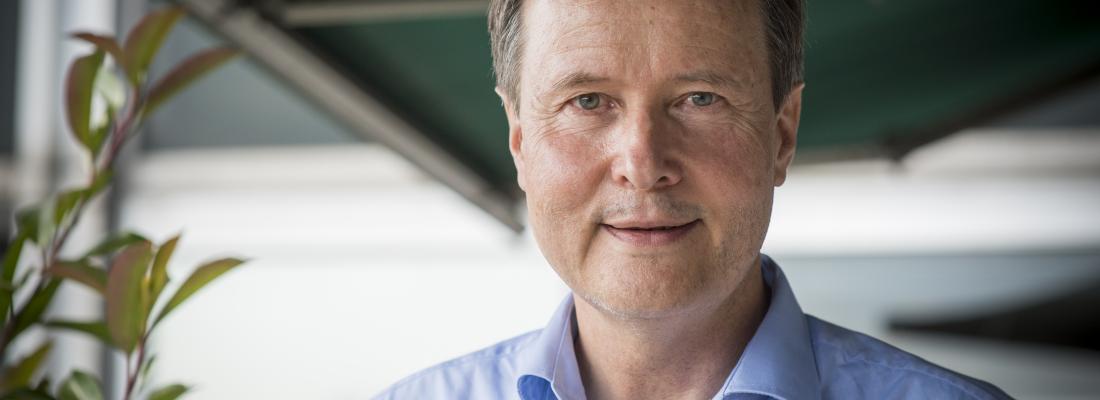Food, Global Health 2 min
Jean-François Soussana, member of the Scientific Group for the 2021 United Nations Food Systems Summit
Jean-François Soussana, INRAE's Vice President of international policy and IPCC expert, has been nominated by United Nations Secretary-General, António Guterres, among the 29 experts of the Scientific Group of the United Nations Food Systems Summit 2021.
Published on 02 July 2020

Transforming global food systems, both to fight the triple burden of malnutrition and to protect the environment and the climate
The 2021 UN Food Systems Summit will provide an essential contribution to the 2030 Agenda and the Sustainable Development Goals (SDGs). The aim is to raise awareness and galvanize global actions and commitments to change our food systems, both to fight the triple burden of malnutrition (hunger, micronutrient deficiencies, excess weight and obesity) and to protect the environment and the climate.
To prepare this summit, the UN Secretary-General has formed a multi-stakeholder Advisory Committee comprising 26 members from many countries including France and international organisations, as well as an independent Scientific Group of 29 experts, world specialists in their field.
Jean-François Soussana will provide his expertise on the relations between agriculture, food, climate change and natural resources. He already contributes his expertise to these issues on a national (French High Council for the Climate ), European (European Commission’s Mission Board for Soil Health and Food) and international level (author of several IPCC reports, including the special report on land in 2019).
Co-benefits expected for health, biodiversity, climate, soils, water and fighting poverty
The global COVID-19 health crisis has raised awareness of the need for food systems to be more inclusive and resilient, in order to limit the risk of future pandemics. Climate change is creating more challenges for food production due to extreme weather conditions: droughts, floods and massive fires around the world. However, our food systems are part of the problem, with about 30% of greenhouse gas (GHG) emissions produced by our food systems and food waste and loss amounting to around 30%. Food systems account for up to 80% of global deforestation, for biodiversity loss and soil degradation and for water resource use. Transforming our food systems is one of the major solutions to attain Sustainable Development Goals, since it could bring co-benefits for health, biodiversity, climate, soils, water and fighting poverty.
